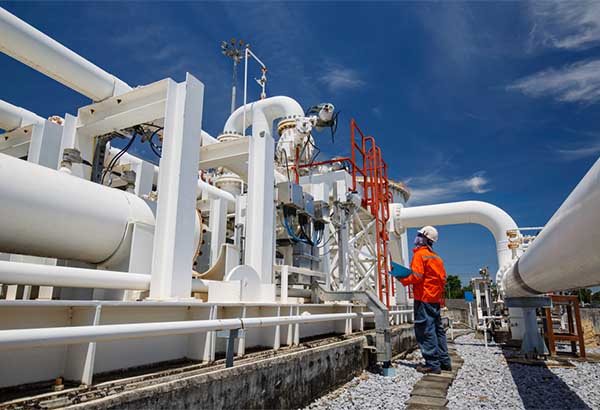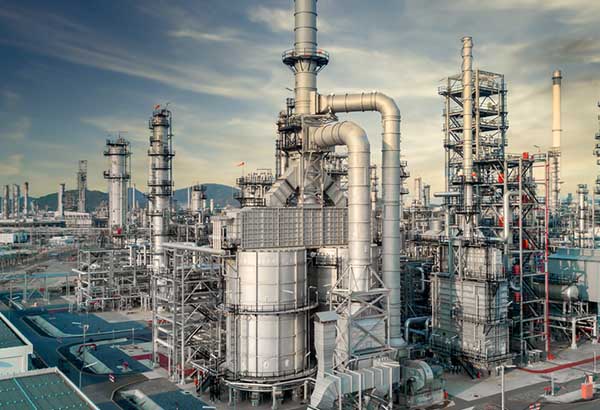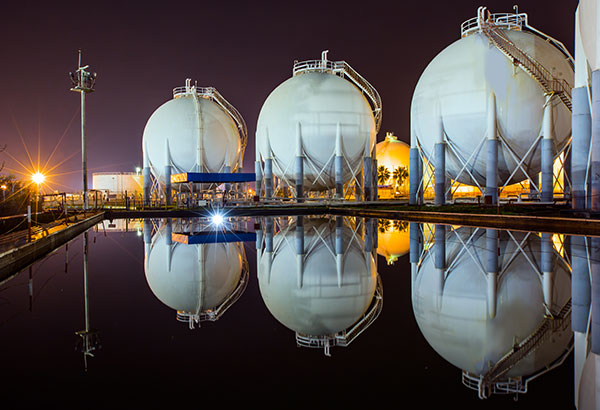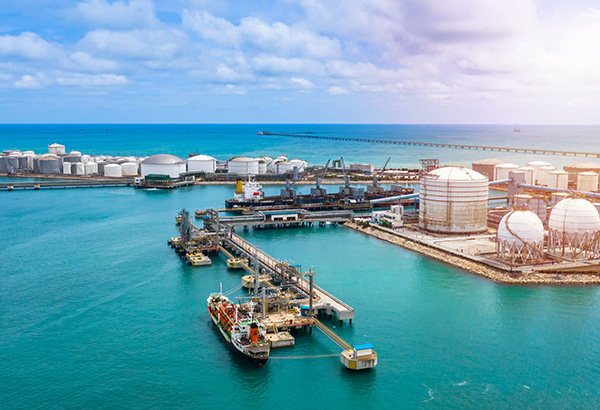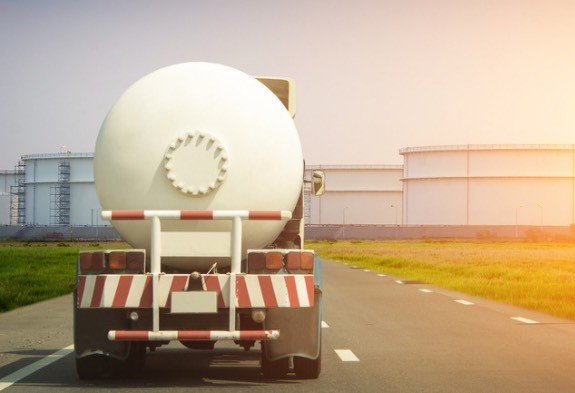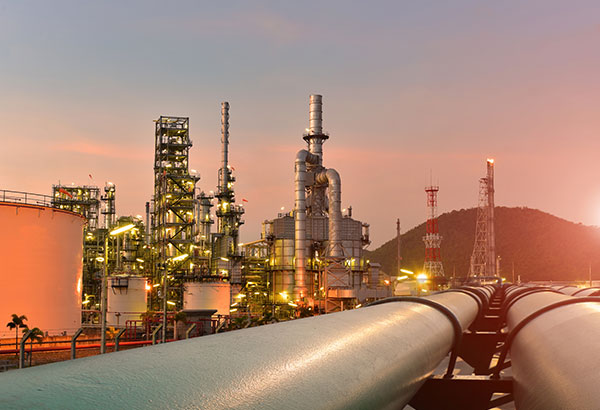
Piping and Pipeline Engineering Training Courses
Develop deep technical expertise in pipeline design, construction, and integrity management
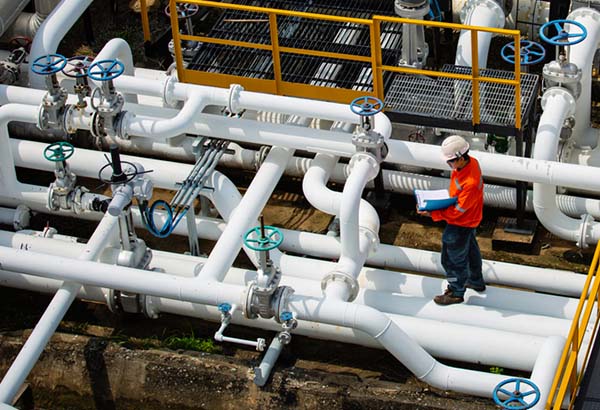
API 570 : Piping Inspection Code (API Exam Preparation Training)

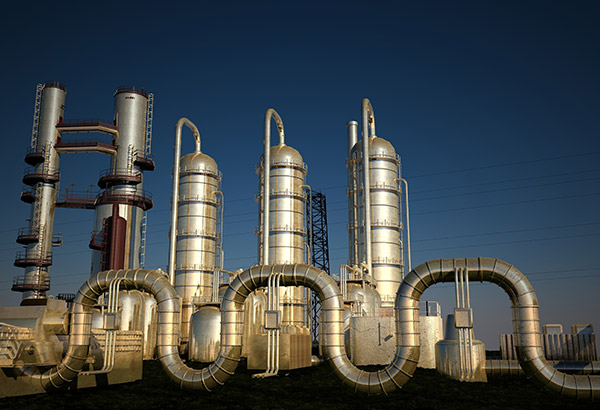
Flow Assurance : Managing Flow Dynamics and Production Chemistry
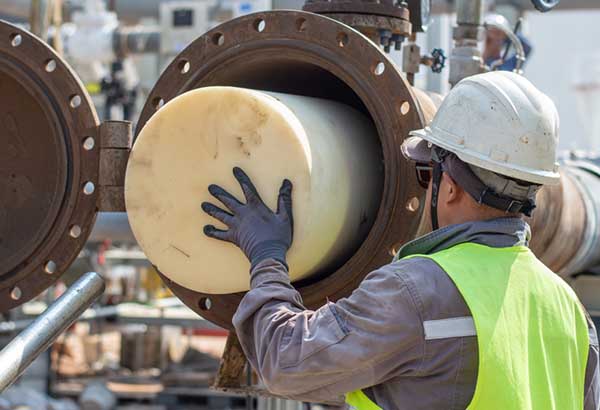


Intelligent Pigging & Mechanical Cleaning of Offshore & Onshore Pipelines



ASME B31.4 Pipeline Transportation Systems for Liquid Hydrocarbons and Other Liquids
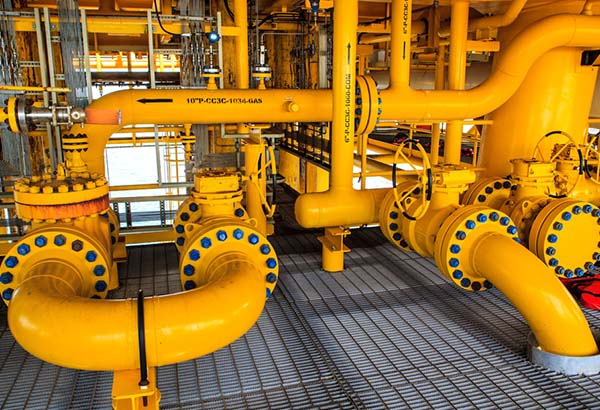


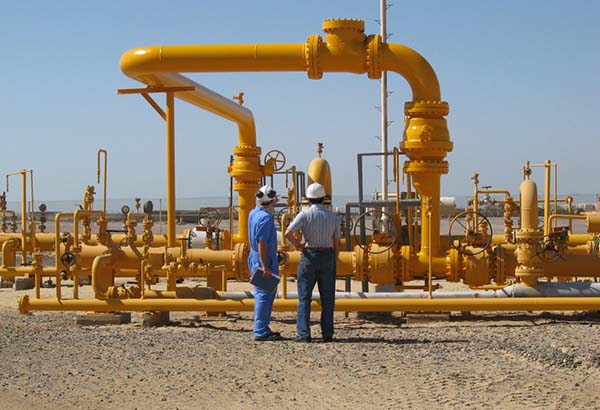










Flow Assurance : Managing Flow Dynamics and Production Chemistry
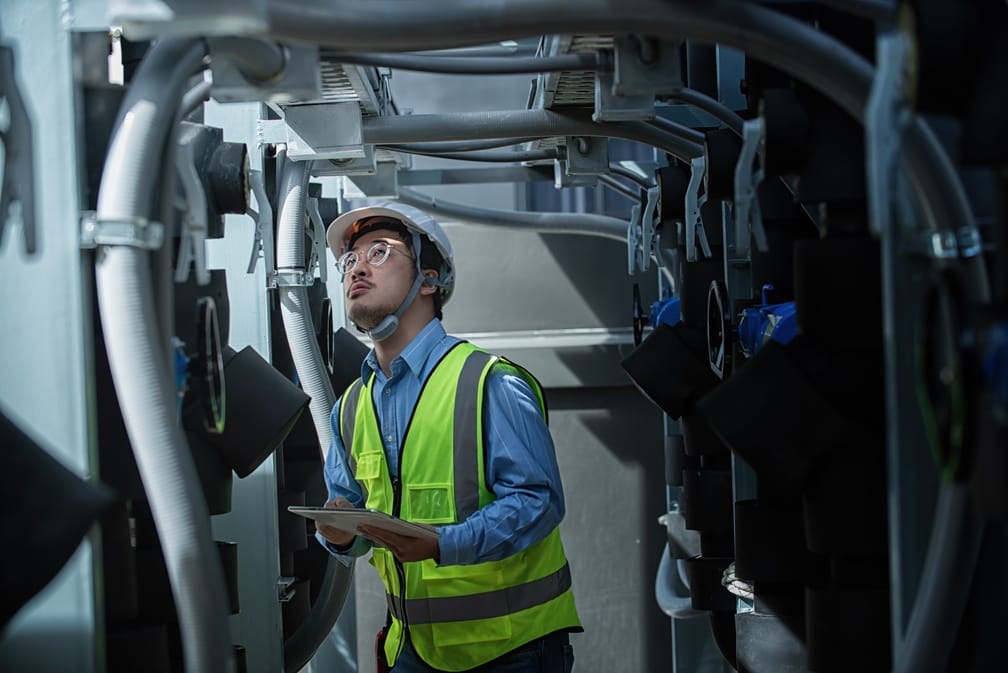

API 6D & 6FA: Specification for the Design, Manufacturing, Testing, Documentation, and Fire Test of Pipeline & Piping Valves
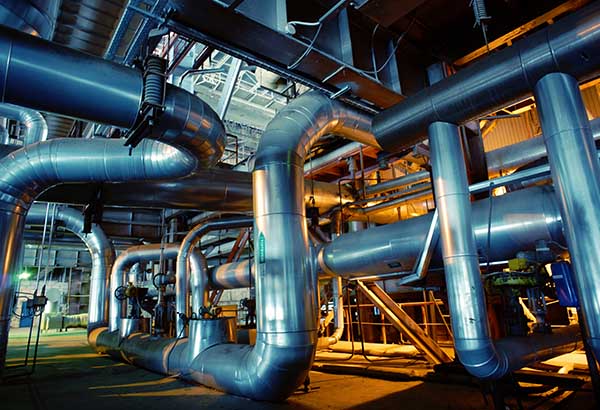








ASME B31.4 Pipeline Transportation Systems for Liquid Hydrocarbons and Other Liquids
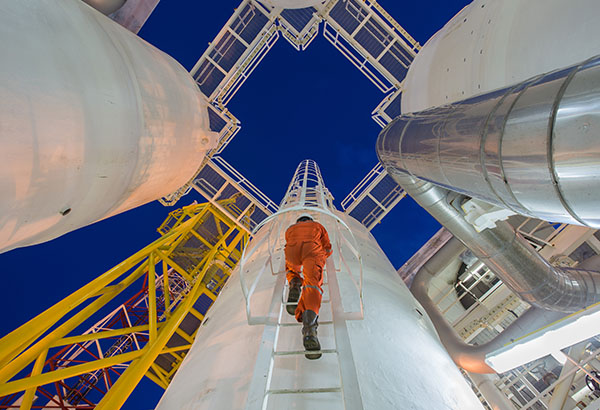


Fitness-For-Service, Remaining Life Assessment & Repair of Pressure Equipment & Piping



Fitness-For-Service, Remaining Life Assessment & Repair of Pressure Equipment & Piping



Intelligent Pigging & Mechanical Cleaning of Offshore & Onshore Pipelines
Piping and Pipeline Engineering Training Courses
Piping and Pipeline Engineering Training Courses are fundamental for professionals responsible for designing, operating, and maintaining reliable pipeline systems across the oil and gas and industrial sectors. These short Piping and Pipeline Engineering Training Courses offer essential knowledge in fluid mechanics, material selection, stress analysis, and integrity management, equipping participants with the tools to ensure safety, efficiency, and longevity of pipeline infrastructure. Ideal for mechanical engineers, pipeline specialists, and maintenance supervisors, the best Piping and Pipeline Engineering Training Courses combine technical principles with industry applications to address real-world operational challenges. Piping and Pipeline Engineering Training Courses support professionals in the oil and gas industry by enhancing technical decision-making, reducing failure risks, and promoting safe transport of hydrocarbons across diverse terrains.
As pipeline networks expand and regulatory scrutiny intensifies, professionals must stay ahead of engineering standards and risk mitigation strategies. These short training courses delve into pipeline design codes, corrosion prevention, pressure testing, and system troubleshooting—empowering participants to optimize performance and comply with global safety regulations. Whether you’re managing subsea pipelines, facility piping systems, or long-distance transmission lines, Piping and Pipeline Engineering Training Courses provide comprehensive insight into lifecycle management. Engineers and technical personnel in the petroleum industry, energy infrastructure, and heavy industrial sectors will gain practical knowledge that translates into safer, more cost-effective operations. The interdisciplinary approach of these training courses ensures a deeper understanding of system interactions and failure prevention.
Advance your engineering capabilities and contribute to the resilience of critical infrastructure by enrolling in PetroKnowledge’s Piping and Pipeline Engineering Training Courses. Designed by industry experts and aligned with international best practices, these training courses deliver the skills required to lead projects with confidence and technical precision. Whether you’re upgrading existing systems or planning new installations, our courses equip you with a solid foundation in pipeline engineering fundamentals and advanced solutions. Choose PetroKnowledge to support your continuous growth in piping and pipeline excellence—where engineering insight meets real-world application.
Piping and Pipeline Engineering Training Courses are also available in the following cities:
- Pipeline Engineering training courses in London
- Pipeline Engineering training courses in Amsterdam
- Pipeline Engineering training courses in Dubai
- Pipeline Engineering training courses in Abu Dhabi
- Pipeline Engineering training courses in Doha
- Pipeline Engineering training courses in Houston TX
- Pipeline Engineering training courses in Istanbul
- Pipeline Engineering training courses in Kuala Lumpur
